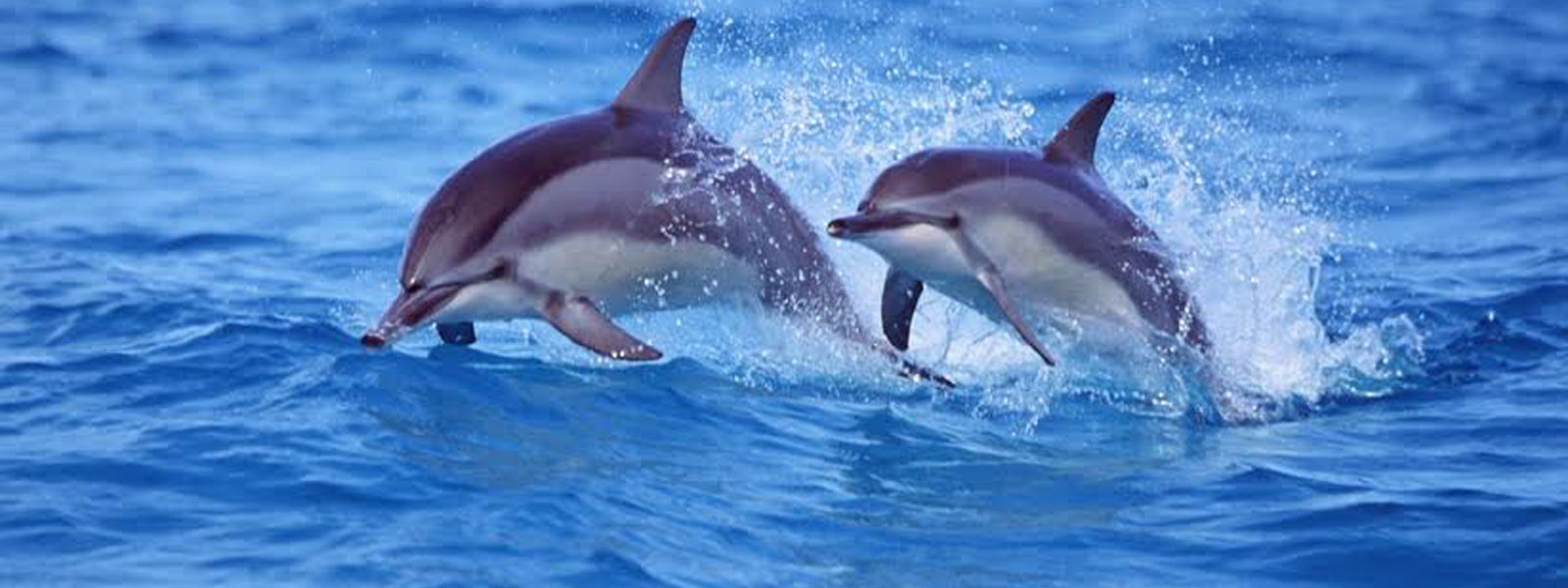

Remember Honey the Dolphin, Who Was Abandoned in a Marine Park in Japan? The Park Has Been Sold, to Re-Open in June. But Honey's Fate Is Still Unknown.
Read More >
Canada's Bill S-203 Has Passed a Key Committee and Is Now Pending for a House Vote. Existing Facilities Would be Able to Keep Their Current Cetaceans, But Not Breed Them or Import New Cetaceans.
Read More >
The US Navy Has Used Dolphins for Decades to Fight Our Wars. Local Activists Are Documenting the Cruelty of Small Pens and Shortened Lives of the Navy Dolphins.
Read More >
Increasingly, Plastics are Showing Up All Around the Marine Environment, in Places Far From Shores. Whales and Dolphins are in Peril Due to the Increase in Plastics in the Ocean.
Read More >
Dolphinaris in Arizona has Finally been Shut Down, but the Remaining 4 Dolphins (Four Others Died in Dolphinaris) have been Moved to a Poorly Situated sea pen Enclosure on the Caribbean Island of St. Thomas. Water Circulation is Poor, and It is No Sanctuary. You Can Help!
Read More >
Our short film "Lives of Wild Dolphins" has been accepted by the International Ocean Film Festival and will screen on Sunday, March 10th at 1 PM in Cowell Theater in Fort Mason, San Francisco. Come see the film on the big screen and join the Q&A afterwards with IMMP Director David Phillips.
Read More >
IMMP and Many Others Opposd the Opening of Dolphinaris, a Swim-with-Dolphins Facility in the Arizona Desert. IMMP is Now Calling on the US Animal & Plant Health Inspection Service (APHIS) to Close Dolphinaris Permanently. You Can Help!
Read More >
Despite strong opposition from IMMP and other organizations, Dolphinaris opened near Scottsdale, Arizona, featuring swim-with-dolphins programs for tourists. Now, four of Dolphinaris' captive dolphins have died there. IMMP wants it closed down.
Read More >
Dolphins and whales do not belong in captivity. They have complex and intricate lives in the wild oceans, and do not belong in tanks. Watch our video "Lives of Wild Dolphins" with French subtitles.
Read More >
As carbon dioxide is absorbed by the oceans, the oceans become more and more acidic, with devastating impacts on krill, corals, diatoms and other species at the base of the oceanic food chain, upon which dolphins and whales depend.
Read More >
Page 10 of 28 pages First Page < 5 6 7 8 9 10 11 12 13 14 15 > Last Page